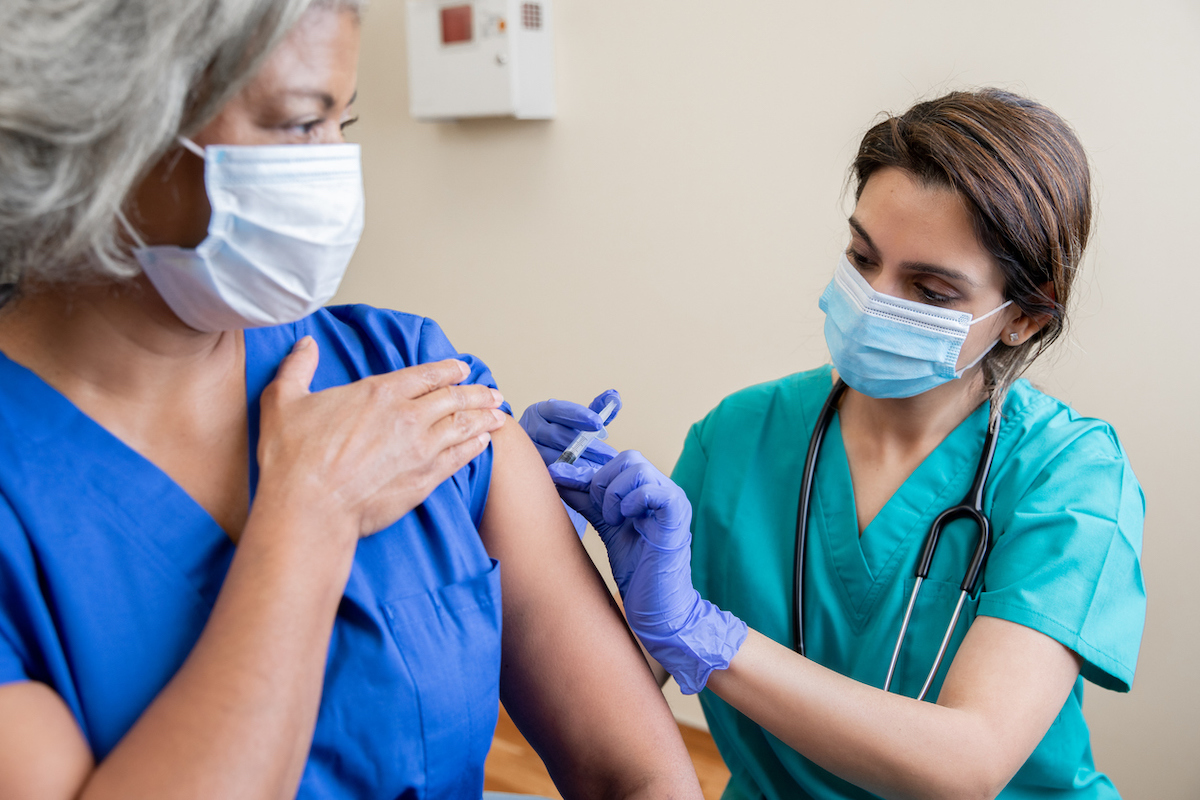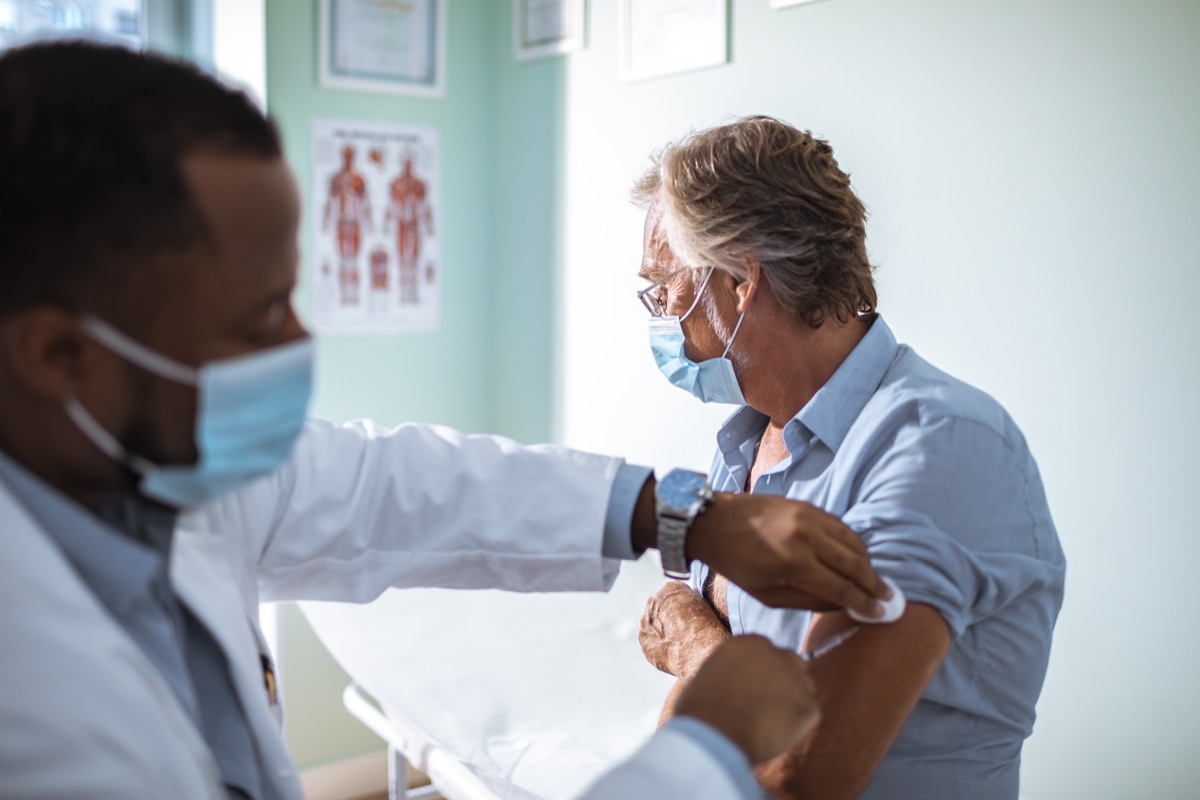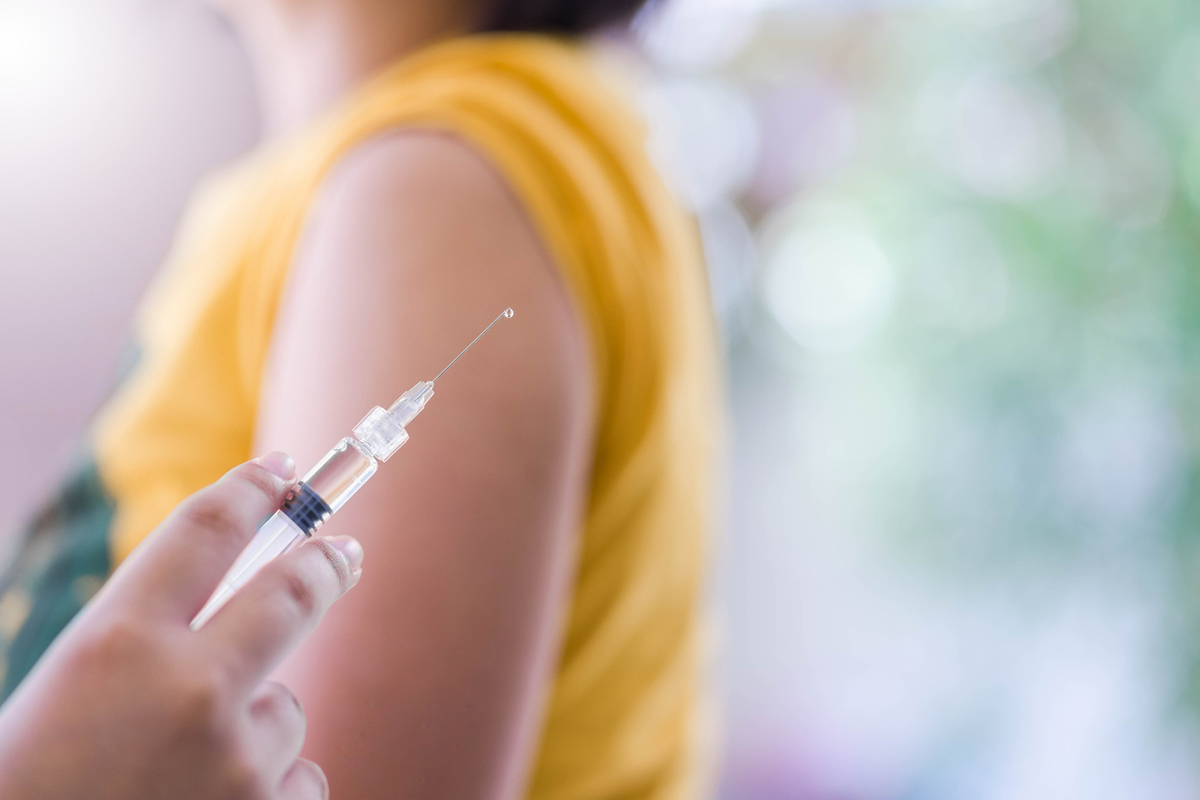Fauci has been vocally opposed to delaying second doses of the COVID vaccine, which some experts have proposed as part of an effort to get as many first shots out as possible. Approaching vaccination this way leaves room for possibilities that weren’t accounted for during the trials. As Fauci notes, one possible outcome of spacing out vaccines is the creation of more new COVID strains.ae0fcc31ae342fd3a1346ebb1f342fcb “The other theoretical issue that could be problematic with regard to only a single dose, that if you get a sub-optimum response, the way viruses respond to pressure, you could actually be inadvertently selecting for more mutants,” Fauci said during a White House press briefing on Feb. 8. “So for that reason, we have continued to go by the fact that we feel the optimum approach would be to continue with getting as many people on their first dose as possible, but also making sure that people on time get their second dose.” And for essential vaccine guidance, If This Happens After Your Vaccine, the FDA Says You Should Call 911. Delaying second doses of the vaccine might not only spawn new strains of the virus but also strains that are more problematic—that is, potentially more infectious and resistant to vaccines. According to Science News, delaying a second dose could lead to more dangerous mutations: “For the COVID-19 vaccine, if people’s second doses are delayed long enough—akin to not finishing a full complement of antibiotics— it’s possible that low numbers of neutralizing antibodies triggered by only one dose may only partially fight an infection. That might provide more time for variants of the virus with immune-dodging mutations to arise and thrive and be transmitted to other people.” These new immune-evading strains could diminish the vaccine’s efficacy. And for more up-to-date information, sign up for our daily newsletter. Although many health experts are opposed to delaying second doses of the COVID vaccine, others believe doing so is the key to preventing another surge in cases. On Jan. 31, Michael Osterholm, PhD, a member of the White House’s COVID advisory board, suggested the U.S. focus on getting the maximum amount of first doses into people’s arms ahead of an impending surge resulting from the new, more transmissible strains of the virus. “I think right now in advance of this surge, we need to get as many [first vaccine] doses in as many people over 65 as we possibly can to reduce a serious illness and deaths that are going to occur over the weeks ahead,” Osterholm said on Meet the Press. Focusing on administering as many initial shots as possible could minimize the number of serious illnesses and deaths stemming from the next surge, he added. And for more vaccine news, If You Have These Vaccine Side Effects, Don’t Get Another Shot, CDC Says. Although experts are still split on whether delaying the second dose is a good idea or not, as of Jan. 22, the Centers for Disease Control and Prevention (CDC) announced that extending the window between vaccines is permissible in exceptional circumstances. In an update to its vaccine guidance, the CDC said, “The second dose should be administered as close to the recommended interval as possible.” However, “if it is not feasible to adhere to the recommended interval, the second dose of Pfizer-BioNTech and Moderna COVID-19 vaccines may be scheduled for administration up to six weeks (42 days) after the first dose.” This update affords states and patients flexibility to delay the second dose of the vaccine if necessary. And for more on the future of the pandemic, Dr. Fauci Says You Should Be Able to Do This One Thing by April.



